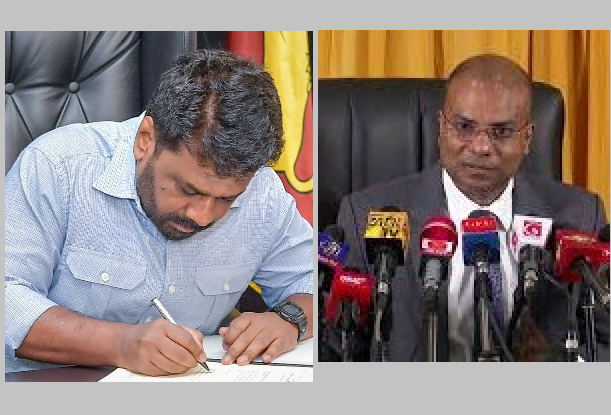Colombo, October 2, 2025 — Sri Lanka’s top anti-corruption watchdog, the Commission to Investigate Allegations of Bribery or Corruption (CIABOC), is grappling with a severe staffing shortage that threatens to paralyze its operations, even as its Director General fends off politically charged allegations aimed at undermining the institution’s credibility.
CIABOC Director General Ranga Dissanayake revealed that the Finance Ministry has blocked the Commission’s attempts to recruit essential personnel, citing constraints under the Public Financial Management Act. Despite receiving thousands of complaints, the Commission currently operates with only 169 investigation officers and 31 legal officers—far below its required cadre of 967 staff members.
“This is not just a logistical issue—it’s a legal and constitutional one,” Dissanayake told Parliament’s Committee on Public Finance. He emphasized that the Anti-Corruption Act, enacted in August 2023, mandates CIABOC’s independence and its authority to appoint its own staff. However, the Treasury insists that fiscal law takes precedence, delaying recruitment and stalling the Commission’s ability to process over 300,000 asset declarations submitted by state officials and MPs.
Dissanayake noted that the Commission had submitted its staffing and budgetary requirements to the Treasury for observation—not approval—as per its governing law. He also disclosed that President Anura Kumara Dissanayake had pledged to resolve the issue in June, but the Treasury only responded months later with a letter invoking fiscal restrictions.
Meanwhile, Dissanayake has come under fire from political figures, including former MP Nandana Gunathilaka and MP Udaya Gammanpila, who accused him of political bias and legal violations. At a press conference held today, the DG categorically denied claims that he had served on the Janatha Vimukthi Peramuna’s (JVP) legal committee.
“This is an organized attempt to discredit me and derail the Commission’s work,” he said. “If I had been politically affiliated, I would never have been appointed a Magistrate in 2004, a High Court Judge in 2020, or Director General of CIABOC in 2025. These allegations are baseless and malicious”.
He also refuted accusations that he lifted the travel ban on former Central Bank Governor Arjuna Mahendran, stating that he had in fact, issued warrants against Mahendran and others in connection with the 2018 bond scam during his tenure as Fort Magistrate.
Responding to claims that he violated Section 19 of the Anti-Corruption Act, Dissanayake pointed out that the Constitutional Council had vetted and approved his appointment after reviewing all disclosures. “If there are genuine concerns, they should be submitted to the Judicial Service Commission or the Constitutional Council—not aired irresponsibly in public,” he said.
Despite the barrage of allegations and institutional hurdles, Dissanayake affirmed that CIABOC remains committed to its mandate. “These attacks are not just aimed at me—they’re aimed at the Commission itself. We will respond appropriately, but our focus will remain on fighting corruption,” he concluded.
(With the inputs from published news stories)
